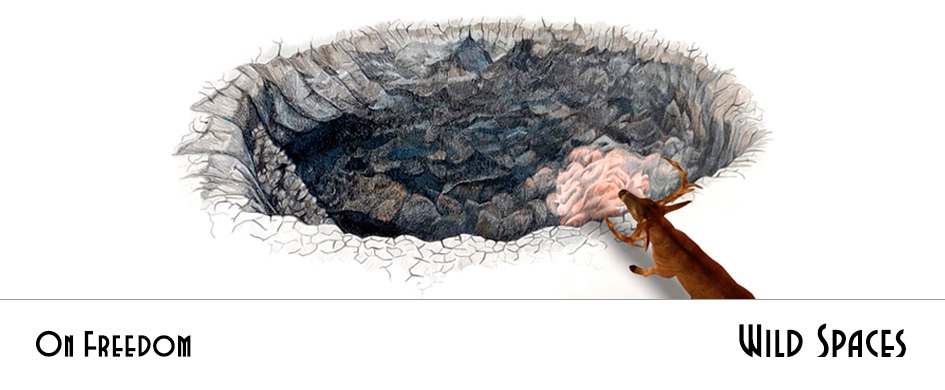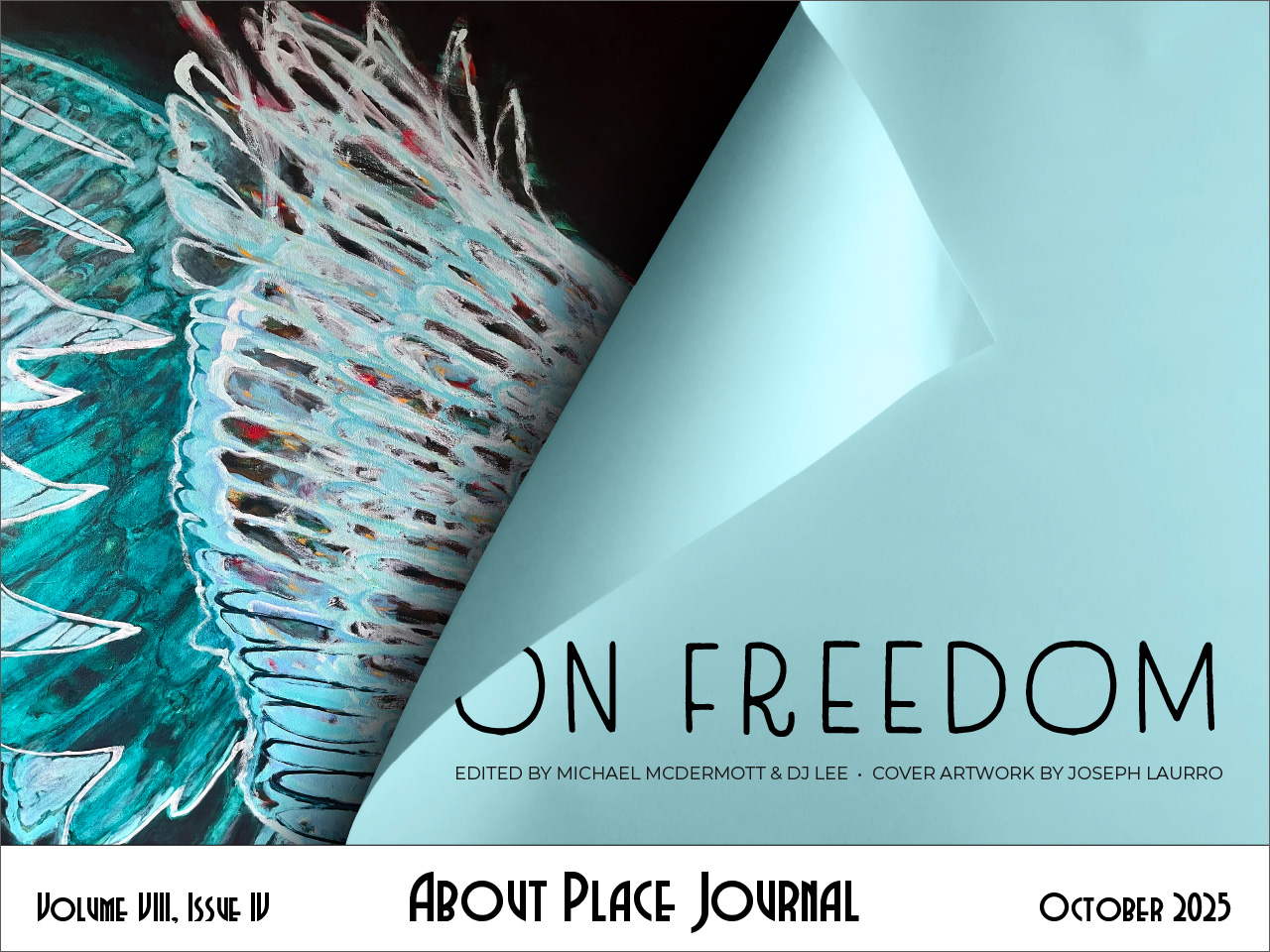—Call it dandelion day, new ritual of using all parts of the flowered body to nurture
our own. Fan out in the field, instinct of following this golden breadcrumb trail
like bees, we are children again but I think of being told then to not pick the yellow
devils, told, where one weed disappears, another will grow. We hope for this,
scoop the edges of our shirts up to make baskets, piling what we can gather close
to our centers as not to spill, never pulling too much from one spot to leave some
for the pollinators. We cannot believe how massive some of the flowers are
in our palms, and hunt to see who can find the biggest. B tells us of how this place
grassy heaven by the power plant, horseshoed by the Watauga River, was under water
just months ago during Helene, and we wonder if it was the flood that made
the blooms so big this year, or so abundant, and even with shorelines of timber
trash tangled together like ropes, we speak instead of the dandelions’ resilience.
B picks every four leaf clover she can find once a forager reminds us that will multiply
the genetic mutation in the patch. She gives them to me because she knows
I’ve never had much luck seeing them amongst the threes. With our flower haul,
although we each have plenty, we offer the blooms to each other, trading the suns,
tucking them behind our ears. Later we will weave crowns for our ceremony,
demi gods of the lion’s teeth. Around the harvest table I read from Ray Bradbury:
Dandelion wine. The words were summer on the tongue. The wine was summer
caught and stopped. And now that Douglass knew, he really knew he was alive,
and moved turning through the world to touch and see it all. Afterwards, we speak
of nothing and everything as we separate the petals from their stems, our palms yellowed
from the pollen. This is one way we can show love: the twist and roll of the flower’s
base between thumb and index finger, the gentle pinch, the best way to remove
all green, all bitterness. B’s great-grandfather’s dandelion wine recipe spread out
between us, an Appalachian tradition we are now bonded through, we follow
his scribbled road map, set the liquid up with orange and lemon to ferment. After,
we use every part of the plant out of respect. Roast the roots to make an afternoon tea,
and infuse gin with the excess dandelions and foraged violets. For a late lunch,
we pickle the buds like capers, mix the petals with cornmeal for fritters, munch
on wild onions, gather the flowers’ green leaves to eat as a salad, and even though
they’re bitter, it feels good to eat the whole plant, so we do, sautéing them first
for the hash to cut the tannins a little. B tells of how her great-grandmother made
this same meal when they were having a hard time because dandelions are everywhere,
and free. With our mouths and tea cups full, simple yellow flowers as rural
diadems around our heads, rows of gleaming bottles on the counter, captured gold
we will later share in crystal glasses as we toast to everything and nothing, because
both must be acknowledged, must be loved, we seem to hover around the room
like seeds suspended in the wind, all at once feeling both everywhere, and free.


